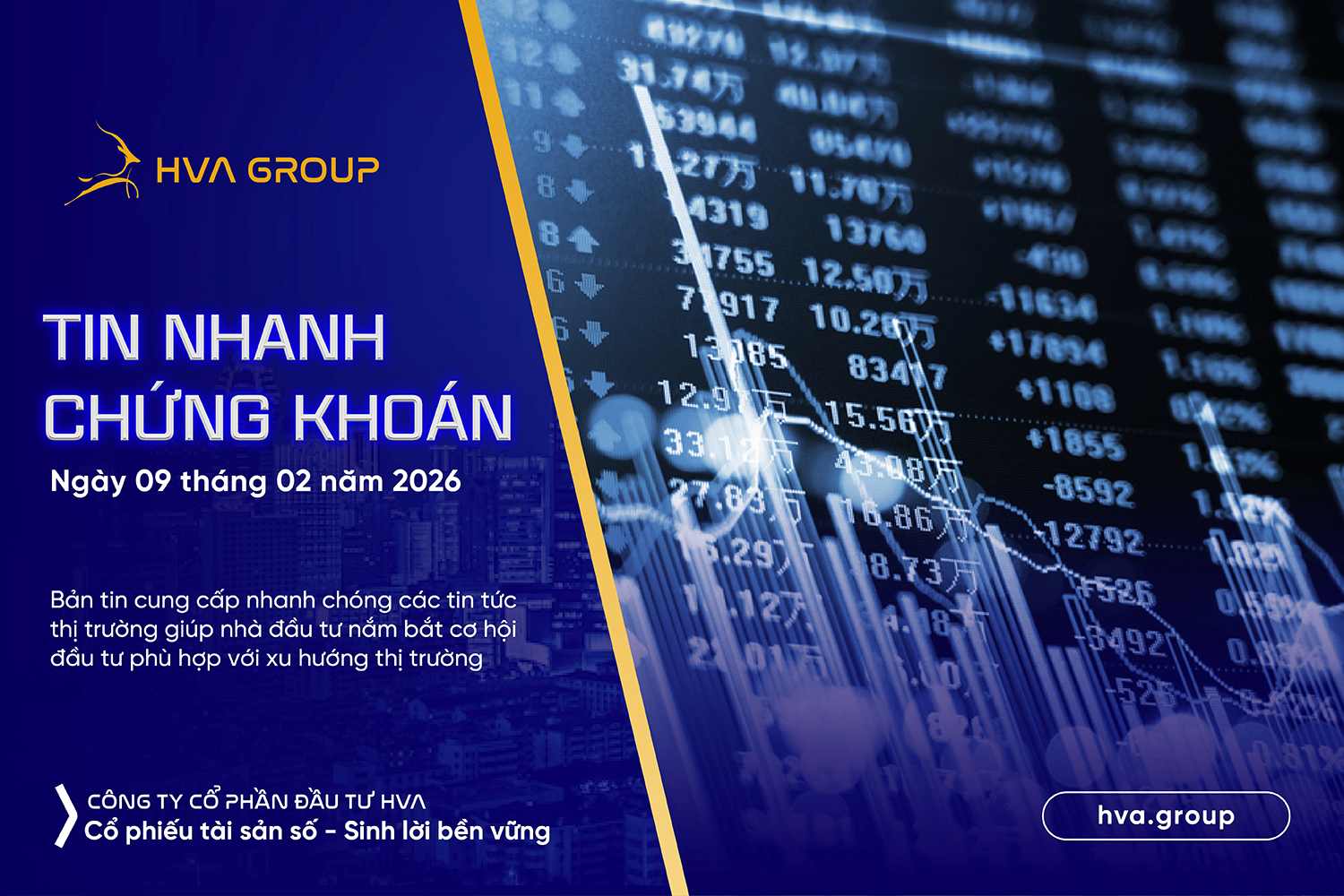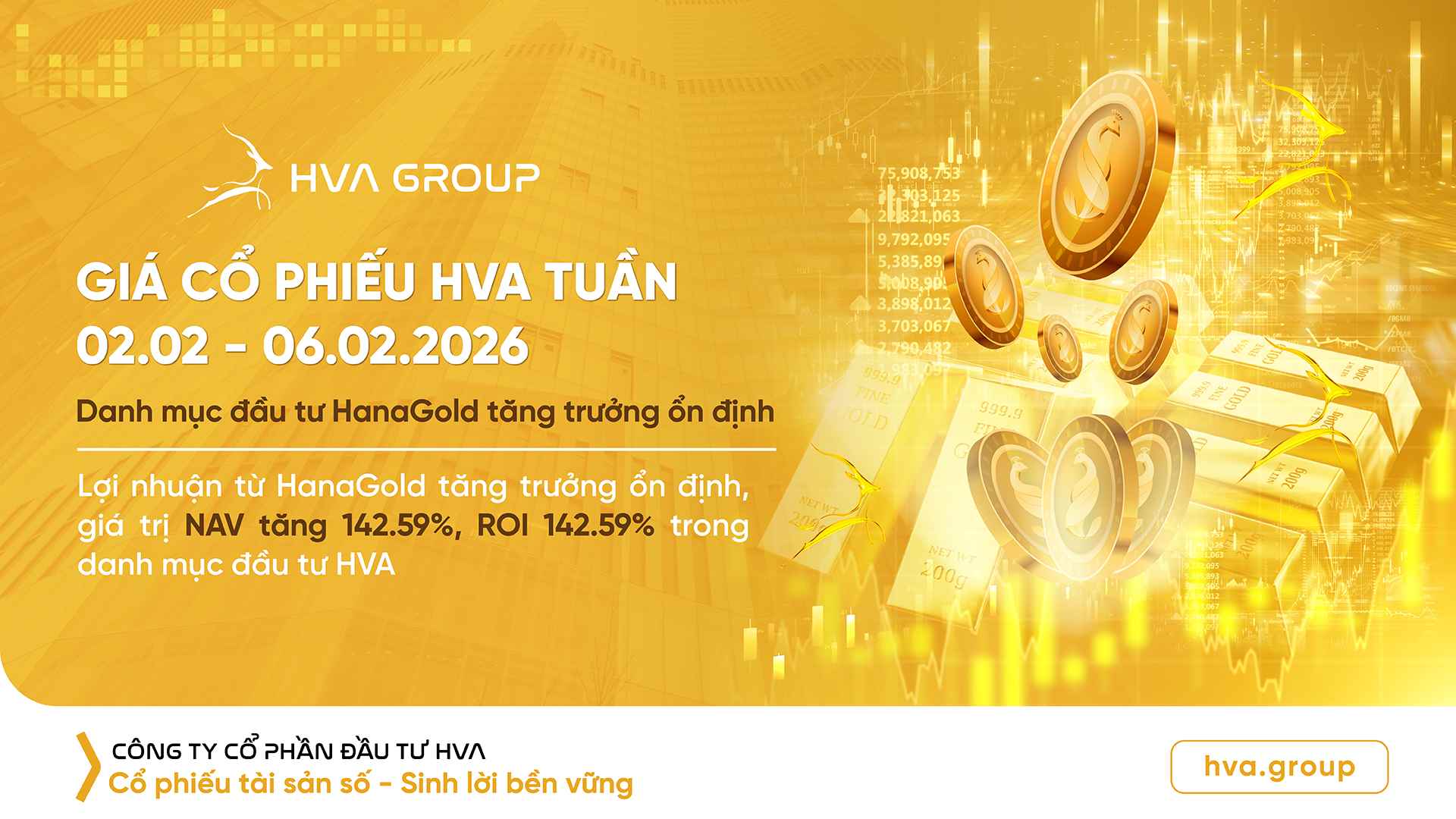
In the world of finance and investing, corporate bonds Often considered an essential part of the smart investor’s portfolio, corporate bonds offer the dual benefits of providing a steady income stream and the ability to hedge against risk, offering an attractive investment option, especially in volatile markets.
1. Concept of corporate bonds
Corporate bonds is understood as a type of debt security, through which companies can raise capital from the financial market without having to borrow directly from banks or other financial institutions. When issuing bonds, businesses commit to paying periodic interest to investors, usually every six months or annually, and will repay the principal when the bond matures.
Investor buy bonds is lending money to a business and becoming a creditor of that business. This creates a clear debt relationship between the investor and the issuing company, with the terms specified in detail in the bond contract.
Compared to stocks, corporate bonds carry less risk because they are not directly affected by fluctuations in stock prices in the market. Instead, bonds provide a predictable income through a fixed interest rate, making them attractive to investors looking for stability and predictability in their income stream.
Special features of What is corporate bond? Compared to other types of bonds such as government bonds or treasury bonds, they usually have higher interest rates due to the higher level of risk. However, this risk is considered by the ability to generate stable profits and the ability to withstand economic fluctuations. Therefore, this is an important investment tool in the investment portfolio of many individual and institutional investors, helping them to diversify their investment portfolio and minimize risks, while benefiting from competitive interest rates compared to other types of investments.

2. Types of corporate bonds in Vietnam
In the Vietnamese stock market, bond issuance are becoming increasingly popular as an important means of raising capital for businesses. There are two main types of corporate bonds in circulation, each with its own distinct characteristics and trading mechanisms, reflecting the flexibility and diversity of the financial market.
Listed corporate bonds are debt instruments that have been officially registered and deposited at the Vietnam Securities Depository (VSD). The highlight of this type of bond is its transparency and ease of trading, thanks to being listed on central stock exchanges such as HOSE or HNX. This listing not only facilitates trading but also ensures fairness and transparency through compliance with strict operating regulations of the Stock Exchange. This helps to increase investor confidence and expand market size.
Unlisted corporate bonds, also known as OTC bonds, are not registered with the VSD and therefore, are not publicly traded on centralized exchanges. Instead, these transactions take place on the OTC market – a decentralized market where investors conduct transactions directly with each other on the principle of “willing buyers and willing sellers”, without being directly managed by a state management agency or an official exchange. Although providing more flexibility and freedom in trading, OTC bonds require investors to assess the risks themselves and conduct careful due diligence before investing.

3. What are the characteristics of corporate bonds?
- Bond term: The bond issuance term of enterprises depends on their specific capital needs at each point in time.
- Release volume: Companies have the right to choose the number of bonds to issue based on their capital needs and their ability to attract capital from the market at each stage.
- Currency for issuance and payment: In the domestic market, bonds are issued and settled in Vietnamese Dong (VND). For international transactions, the currency for issuance and settlement is determined according to the standards of the local international market. When paying periodic interest and repaying principal, the currency will correspond to the currency in which it was issued.
- Face value of the bond: In the Vietnamese market, the face value of bonds is usually 100,000 VND or multiples of 100,000 VND. For the international market, the face value of bonds follows the regulations of that market.
- Release method: Can be done through debit entries, certificate issuance, or electronic data, depending on the choice of the business at the time of issuance.
- Nominal interest rate of the bond: The company is free to choose the nominal interest rate for its bonds, which can be a fixed interest rate, a floating interest rate, or a combination of both in the same issuance period, depending on its financial situation and ability to repay the debt. For the floating interest rate option, the company needs to clearly disclose the basis for investors to refer to.
- Investor benefits: Investors are entitled to receive periodic interest and principal repayment upon maturity, along with other rights associated with bonds such as ownership, transfer, and inheritance rights.

4. Benefits and risks of investing in corporate bonds
Benefits of buying corporate bonds
- Stable Income: One of the main benefits of investing in corporate bonds is the ability to generate a steady income stream. Corporate bonds typically pay interest at regular intervals, typically every six months, providing a predictable and steady income stream for investors. This is especially important in a volatile economic environment where other sources of income may not be as reliable. This stability makes bonds an attractive investment option for those seeking security and avoiding unexpected surprises in their income stream.
- Diversification of Investment Portfolio: Investing in corporate bonds also helps diversify an investment portfolio. When combined with stocks and other investment assets, bonds help spread risk and minimize the impact of market fluctuations on the overall investment portfolio. Diversification thereby helps optimize returns while still controlling risk, an important strategy in building and protecting long-term investment assets.
- Risk Hedging: In times of economic uncertainty, corporate bonds can act as a hedge, mitigating the impact of stock market volatility. When stock markets decline, bonds typically move less and may even rise in value, providing investors with a “safe harbor” from the storm.
Risks When Investing
- Credit Risk: Credit risk occurs when the issuer fails to make interest or principal payments on time. The credit rating of the issuer becomes extremely important, requiring investors to conduct extensive and careful research before investing.
- Interest Rate Risk: When market interest rates rise, current bond prices typically fall, and vice versa. This poses a risk to investors, especially when bonds need to be sold before maturity. Monitoring interest rate movements and understanding the relationship between interest rates and bond prices is essential to managing this risk.
- Liquidity Risk: Some corporate bonds, especially those that are not listed, may be difficult to sell at a desired price in a short period of time. This creates liquidity risk, making it more difficult to liquidate the bonds.
Investment strategy
- Thorough Analysis: Thorough analysis of the financial situation and business prospects of the issuing company is the first and most important step in the bond investment process. This helps investors understand the company's ability to repay its debt and assess credit risk.
- Diversification: Diversifying a bond portfolio helps reduce overall risk. By not putting “all your eggs in one basket,” investors can protect their portfolio from a dramatic decline from any single company’s failure.
- Tracking Interest Rate Movements: Understanding the relationship between interest rates and bond prices helps investors make informed buying and selling decisions. Tracking interest rate movements is essential to optimize returns and minimize interest rate risk.

5. What is needed to invest in corporate bonds?
In the context of an increasingly volatile and complex global economy, investing in bond requires caution and wisdom from investors. According to financial experts, choosing reputable businesses to invest in is more important than ever, especially in the current period when the market faces many challenges and uncertainties.
Investors need to set clear criteria when choosing corporate bonds, including transparent issuance, stable business strategy and effective business operations. This not only helps to limit risks but also ensures long-term investment efficiency. Avoiding listening to unofficial rumors is a basic principle that every investor should follow, in order to protect their investment capital from unpredictable market fluctuations.
The Government and the Ministry of Finance, together with relevant agencies, have made efforts to “walk the talk” and resolutely handle violations to make the bond market more transparent and secure. Measures implemented include the issuance of Decree 65/2022/ND-CP and Decree 08/2023/ND-CP to improve regulations on the offering and trading of corporate bonds. This not only strengthens investor confidence but also opens up a long-term capital channel for the economy in an effective and sustainable manner.
The establishment of a private corporate bond trading system under the Prime Minister’s direction is an important step to increase transparency and limit risks for investors. This move helps build investor confidence in corporate bond trading, while providing an effective medium- and long-term source of capital for businesses with good financial health.
Data from the Vietnam Bond Market Association (VBMA) shows that the total value of corporate bond issuance this year has reached nearly VND132,400 billion, with the share between public and private issuance. These figures are proof that the bond market is gradually becoming more legitimate and safer, thereby opening up new opportunities for investors as well as businesses in raising capital.
According to a report by the Asian Development Bank (ADB), the operation of the private bond exchange from the end of July 2023 “will create new momentum for the corporate bond market by improving liquidity, transparency and better access to capital”. This not only marks an important step forward in the development of Vietnam’s bond market but also opens up new investment opportunities for smart investors.
Source: Onstocks









